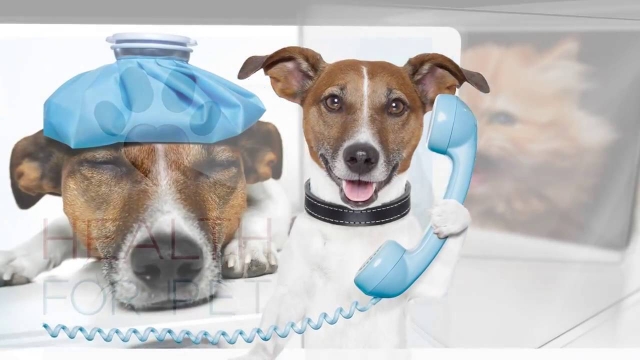It’s no secret that our furry friends hold a special place in our hearts. As pet owners, we strive to provide them with the best care possible, ensuring their happiness and well-being. One crucial aspect of pet care is their health, which requires our full attention and dedication. From proper nutrition to regular exercise and veterinary check-ups, there are numerous ways we can safeguard the health of our beloved pets. In this article, we will explore some purr-fect tips for maintaining optimal pet health. So, let’s dive right in and discover how we can keep our furry companions in the pink of health.
Nutrition
Pets require a balanced and nutritious diet to maintain good health. A well-rounded diet consists of essential nutrients that support their overall wellbeing. Providing the right kind of food is pivotal to keeping your pet healthy and energetic. Here are some key aspects to consider when it comes to pet nutrition:

Quality food: Opt for high-quality pet food that meets all the necessary nutritional requirements. Look for products that are specifically formulated for your pet’s age, breed, and size. Read the labels carefully to ensure that the food contains a good balance of proteins, carbohydrates, vitamins, and minerals.
Chew ToysPortion control: It’s important to feed your pet the right amount of food to avoid overfeeding or underfeeding. Consult your veterinarian to determine the appropriate portion sizes based on your pet’s age, weight, and activity level. Remember, portion control is essential to maintain a healthy weight and prevent obesity-related health issues.
Hydration: Just like humans, pets need proper hydration to stay healthy. Make sure your pet always has access to fresh, clean water. Hydration plays a vital role in maintaining their overall health, promoting proper digestion, and regulating body temperature. Consider using a pet fountain or leaving multiple water bowls in different areas of your home to encourage regular drinking.
Ensuring your pet receives a well-balanced diet is crucial for their overall health and longevity. By focusing on nutrition, you can contribute to their vitality and overall happiness. Stay tuned for the next sections, where we will delve into other essential aspects of pet health.
Exercise
Exercise is a vital aspect of maintaining pet health. Regular physical activity helps to keep pets fit, strong, and mentally stimulated. It is recommended to incorporate exercise into your pet’s daily routine.
For dogs, taking them on regular walks or runs is not only a great way to exercise their bodies but also provides them with valuable opportunities to explore the world around them. Engaging in playtime activities such as fetch or participating in agility training can be enjoyable for both you and your canine companion.
Cats, on the other hand, require different types of exercise. Providing them with interactive toys or climbers can help promote physical movement and prevent them from becoming bored. Additionally, engaging in play sessions that mimic hunting behaviors, such as using feather toys or laser pointers, can be mentally stimulating and keep them active.
It’s important to tailor the exercise routine to your pet’s age, breed, and overall health condition. Consult with your veterinarian to ensure that you are providing the appropriate level of exercise for your furry friend. Regular exercise not only helps to maintain a healthy weight but also contributes to the overall well-being of your pet.
Preventive Care
Regular veterinary check-ups are crucial for maintaining your pet’s health. By scheduling routine examinations, your veterinarian can catch any potential health issues early on, allowing for timely treatment and prevention of further complications.
Another important aspect of preventive care is vaccinations. Vaccinating your pet against common diseases can significantly reduce their risk of infection. Your veterinarian will recommend a vaccination schedule based on your pet’s age, lifestyle, and environment.
In addition to vet visits and vaccinations, maintaining a healthy diet is essential for your pet’s well-being. Providing a balanced and nutritious diet helps support their immune system and overall health. Consult with your veterinarian to determine the best diet for your pet’s age, breed, and any specific dietary needs they may have.
By prioritizing preventive care, you are taking proactive steps to ensure your pet’s long-term health and happiness. Regular check-ups, vaccinations, and a proper diet go a long way in preventing illnesses and keeping your furry friend in purr-fect health.
